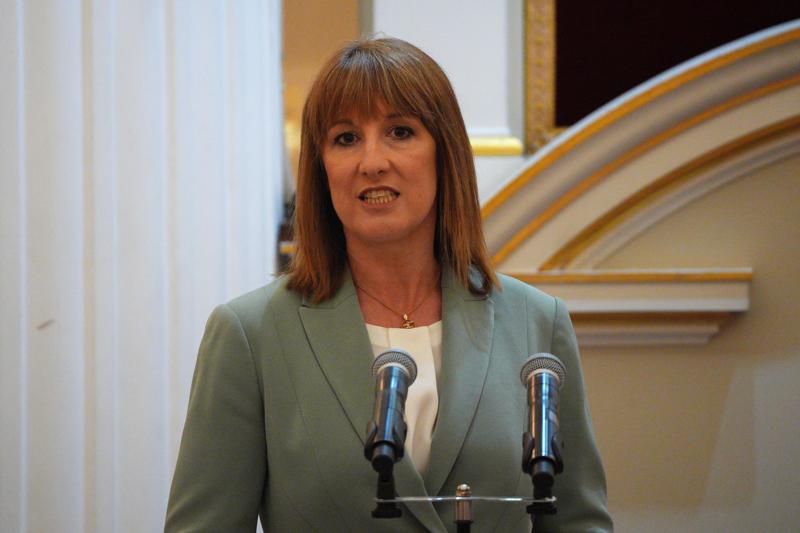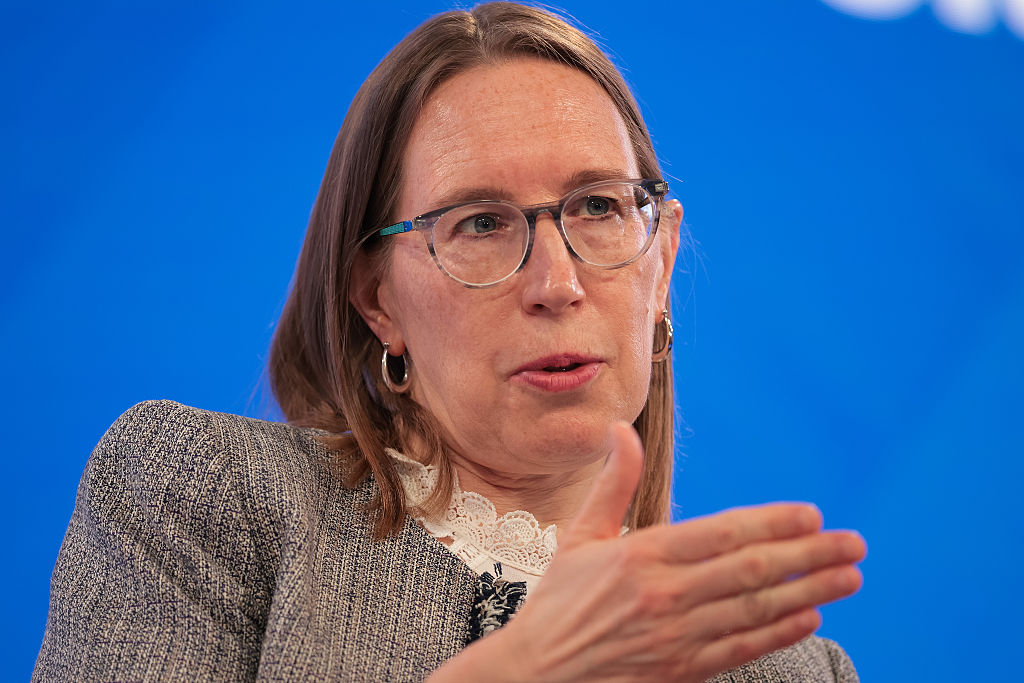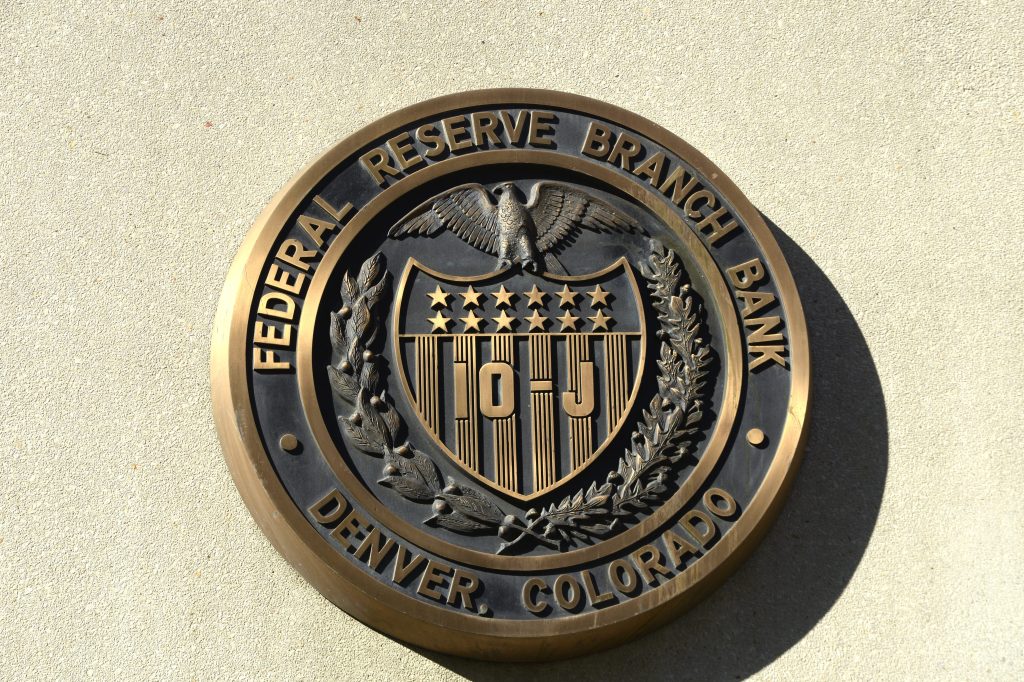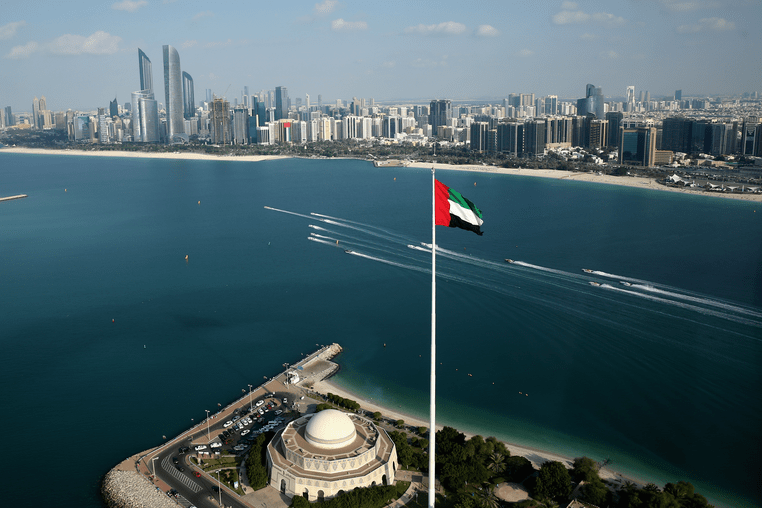The United Arab Emirates (UAE), home to the financial hub of Dubai, has been dropped from a global watchdog’s list of countries at risk of illicit money flows, a win for the nation that could bolster its international standing.
The Financial Action Task Force (FATF), an intergovernmental organization founded in 1989 to develop policies to tackle financial crime, on Friday dropped the UAE from its ‘gray list’ of around two-dozen nations considered risky, saying the country has strengthened its anti-money-laundering (AML) and counterterrorist financing regime sufficiently.
The UAE was placed under closer scrutiny in 2022, when the FATF highlighted the risk in that nation of money laundering and terrorist financing involving banks, precious metals and stones as well as property.
“Exiting the gray list doesn’t mean that the UAE has a perfect system, but the UAE has committed essentially to continuing its virtuous path to further enhancing its [anti-money-laundering/counter-terrorism financing] regime.”
T Raja Kumar, President, FATF
The country founded an Executive Office for Anti-Money Laundering and Counter-Terrorism Financing in 2021.
And it had made getting off the list a priority, bolstering its AML efforts in a drive spearheaded by the minister of foreign affairs and brother of President Mohamed bin Zayed Al Nahyan.
The FATF said the Gulf nation also had improved the quality and use of financial intelligence to support its investigations and prosecutions of financial crimes, such as money laundering. The country also has developed enhanced measures to ensure the transparency of beneficial ownership of legal entities to prevent their misuse.
Concerns from anti-corruption groups
The announcement was met with concern from two international anti-corruption groups.
Transparency International (TI) said the move was “premature,” adding the UAE needs to do more to address what the organization calls its dirty money problem. TI said meaningful implementation of FATF’s action plan and political will have been historically lacking, and pointed to examples of UAE authorities appearing not to investigate cases of potential money laundering through real estate.
The UAE “retains its reputation as a financial secrecy hub that attracts individuals and businesses who seek to conceal information about their wealth and activities”, TI said.
The Sentry, a Washington-based policy and investigative anticorruption group, also questioned FATF’s decision, saying “evidence indicates the ongoing role of the UAE in facilitating the illicit arms and gold trade fueling the war in Sudan”.
At a press conference Friday, FATF President T Raja Kumar said: “Exiting the gray list doesn’t mean that the UAE has a perfect system, but the UAE has committed essentially to continuing its virtuous path to further enhancing its [anti-money-laundering/counter-terrorism financing] regime, and I encourage the UAE to continue along this virtuous path”.
Security for investors
Despite its inclusion on the gray list for almost two years, the UAE continued to attract the globe’s wealthy and was an increasingly popular destination for cryptocurrency firms.
John Kartonchik, a director at UAE think tank Re/think, said the move could boost confidence in the country and attract more money from overseas. “Investors … may feel more secure,” he said.
Banks would also be able to cut the cost of dealing with wealthy clients in the country, said a senior banker, who asked not to be named.
FATF on Friday also removed Barbados, Gibraltar and Uganda from the gray list, and added Kenya and Namibia to the list of countries requiring increased monitoring.

















